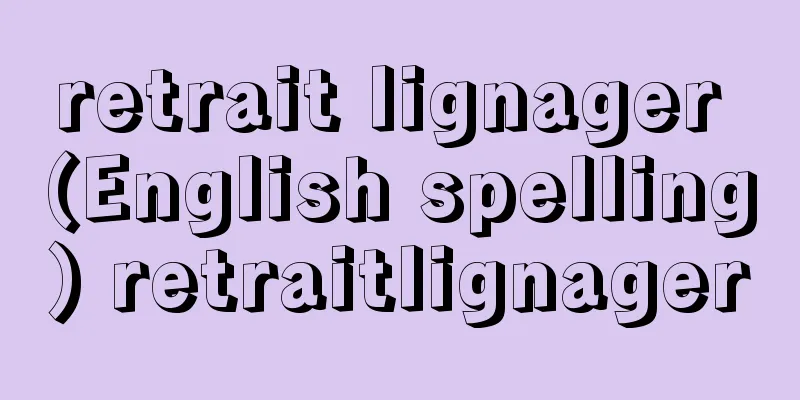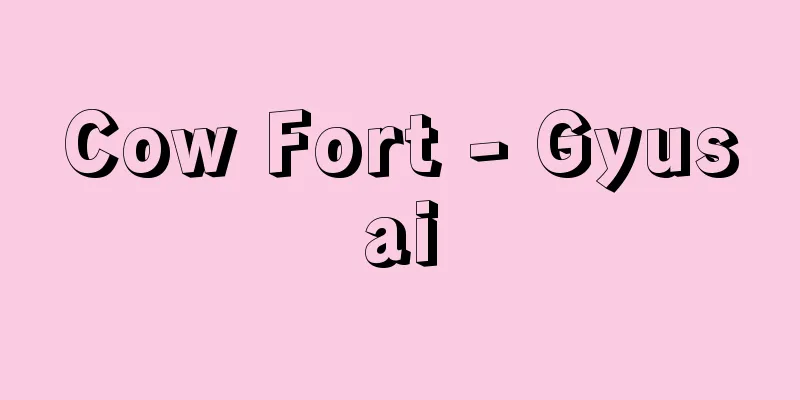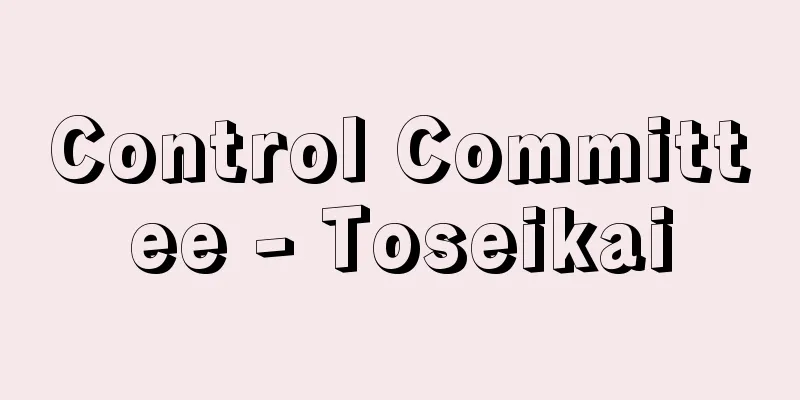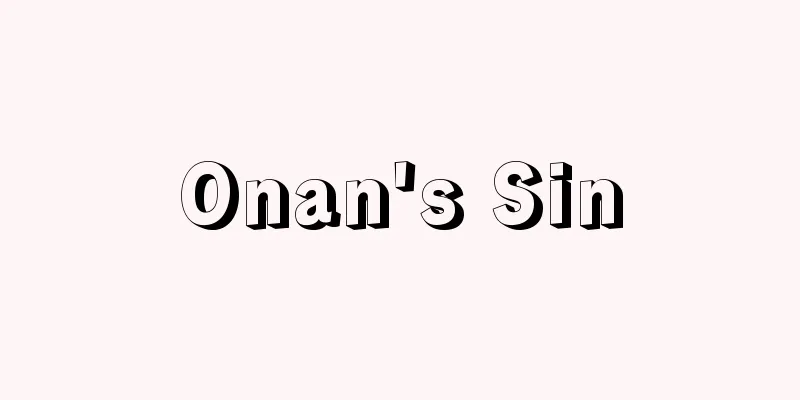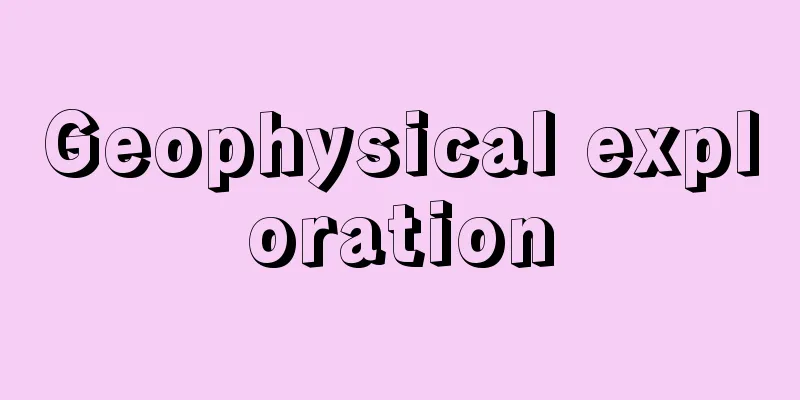Impossibility - Funouhan
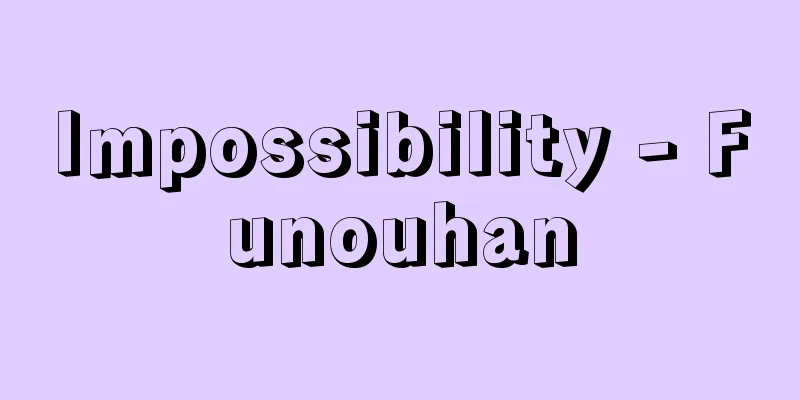
|
It refers to cases where the perpetrator acts with the intention of causing a criminal result, but due to the nature of the act, it is virtually impossible to bring about that result, and therefore the offender cannot be punished even as an attempted crime. Therefore, there is no special crime called an "impossible crime," but it is merely a concept for determining the limits of attempted crimes. For example, a case where someone makes someone drink sugar water, believing that sugar has lethal power, falls into this category. Incidentally, among the impossible crimes, cases where someone tries to kill someone by cursing them are called "superstition crimes" because the perpetrator attempts to carry out the crime without knowing that it is superstition. Opinions are divided on the distinction between attempted and impossible crimes. From the viewpoint that emphasizes the subjective aspects of the perpetrator's intention regarding the success or failure of a crime, if the perpetrator takes some action with the intention of committing a crime, he or she will be punished as an attempted crime, and there is little room for recognizing impossible crimes, except in the case of superstition crimes mentioned above (subjective theory). On the other hand, from the viewpoint that emphasizes the objective danger of the act itself, even if the perpetrator intends to commit a crime, as long as the act does not have the risk of causing a criminal result, it is merely an impossible crime, and there is no room for recognizing an attempted crime (objective theory). However, even within this objective theory, opinions are further divided on what circumstances should be used as the basis for determining whether or not there is a "danger." In addition, Japanese precedents and some academic theories distinguish between absolute impossibility, where an act generally does not produce a result, and relative impossibility, where a result does not occur by chance due to special circumstances, and interpret only the former as an impossible crime and the latter as an attempted crime. [Tetsuro Nawa] Source: Shogakukan Encyclopedia Nipponica About Encyclopedia Nipponica Information | Legend |
|
行為者は犯罪的結果を発生させる意思で行為をしているが、その行為の性質上、結果を発生させることがおよそ不可能であり、未遂犯としても処罰できない場合をいう。したがって「不能犯」という特殊な犯罪があるわけではなく、未遂犯の限界を確定するための概念にすぎない。たとえば、砂糖に殺人力があると信じて相手に砂糖水を飲ませるような場合がこれにあたる。なお、不能犯のうち、たとえば人を呪(のろ)い殺そうとする場合などは、迷信とも知らず犯罪を実現しようとするから、「迷信犯」とよばれる。 未遂犯と不能犯との区別をめぐり見解が分かれる。犯罪の成否につき行為者の意思など主観を重視する立場からは、行為者が犯罪を犯す目的でなんらかの行為に出ている以上未遂犯として処罰され、先の迷信犯の場合を除き不能犯を認める余地は少ない(主観説)。これに対し、行為自体のもつ客観的な危険性を重視する立場では、行為者が犯罪を犯す意思をもっていても、行為が犯罪的結果を発生させる危険性を有していない以上不能犯にすぎず、未遂犯を認める余地はないものと解される(客観説)。ただ、この客観説のなかにも、「危険性」の存否を判断するにあたり、どのような事情を基礎としてこれを判断すべきかなどをめぐりさらに見解が分かれる。なお、わが国の判例や一部の学説は、行為により一般的に結果が発生しない絶対的不能と、特別の事情からたまたま結果が発生しなかったにすぎない相対的不能とを区別し、前者のみを不能犯、後者を未遂犯と解している。 [名和鐵郎] 出典 小学館 日本大百科全書(ニッポニカ)日本大百科全書(ニッポニカ)について 情報 | 凡例 |
Recommend
Aurora Borealis
A scientific satellite launched in February 1978 E...
tilted block basin
…Many fault basins have developed in the mountain...
Sugawa
A river that flows through the southeastern part ...
Daikagura (Dai Kagura)
A folk art form. A type of Kagura. Arose in the ea...
Jones, QD
...Saxon and others began to incorporate electric...
Israeli War of Independence
…When the independence of the State of Israel was...
Teda Tou (English spelling)
…It is 500 km long and 300 km wide, with the high...
Frederick [II] - Friedrich
King of Prussia (reigned 1740-1786). Son of Freder...
Patrinia villosa (English spelling) Patrinia villosa
…[Mr. Makoto Fukuoka]. … *Some of the terminology...
Alexandria Poem - Alexandria Poem
… In the Alexandrian period, the short poems of C...
Gambling
It generally refers to gambling. Article 185 of t...
Beryl Island (English spelling) Belle‐Île
An island in northwestern France, on the southern ...
Social organicism
…This way of thinking has been around for a long ...
Mount Eniwa - Eniwa Dake
A troide-shaped volcano that erupted on the north...
CHO
・CHO・CHO is an abbreviation of Chief Human Officer...


